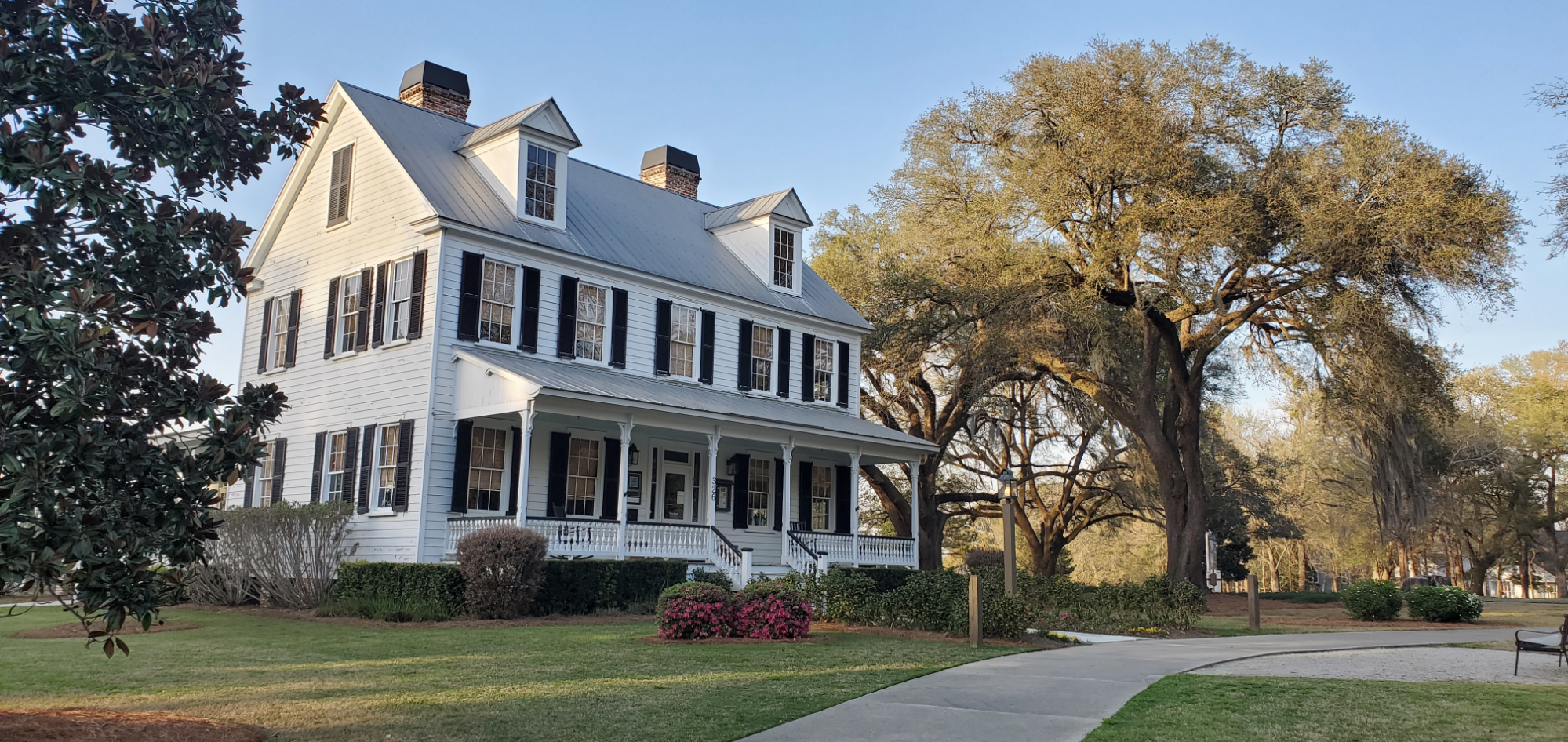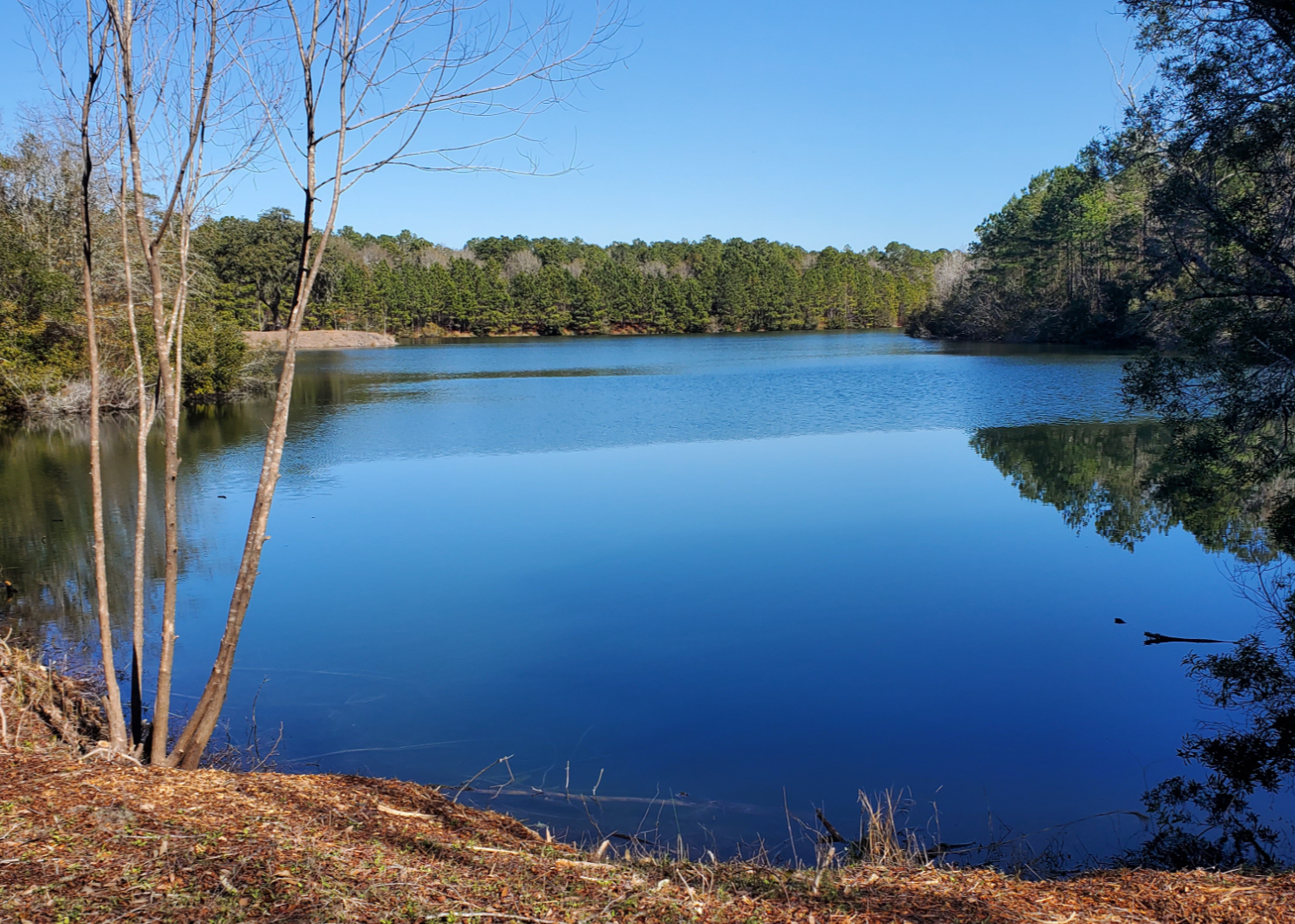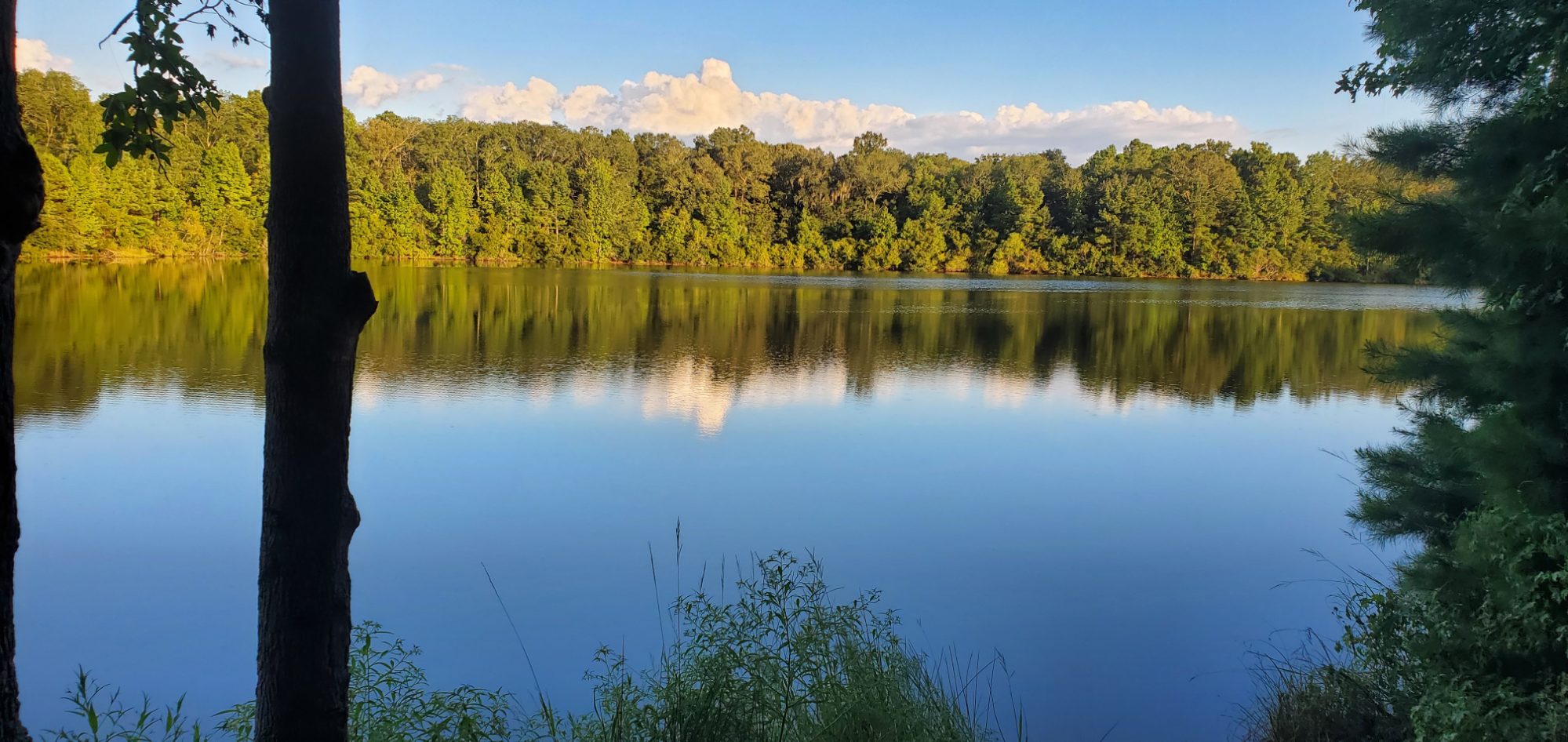Blog > A Brief History of The Ponds - Part 1
The Ponds is known for its varied large homes, lakes and ponds, miles of trails, YMCA, and lots of activities. But it also has a long history going back to 1682 and English colonization.

In 1674 Andrew Percival, of Westminster County, Middlesex, England, was a relative of Anthony, Lord Ashley Cooper was assigned to Lord Ashley, known as the Earl of Shaftsbury. He was to manage his Indian trade and layout and build his plantation on the West Bank of the Ashley River. In 1682 he received his new 2,000-acre grant at The Ponds, headwaters of the Ashley River. Shaftsbury soon lost confidence in him, believing he was guilty of “fraudulent and base dealings” in his management of business matters. In 1685 the second Lord Ashley dismissed him.

Percival was living at the Ponds or Weston Hall Plantation in 1691, as a deed shows him living at Weston Hall. The origins of the name Weston Hall are unknown, but some think it may be derived from the swamp south of the Ponds called Westo or the Westo Savannah. The name Westo was taken from the Westo Indians.
When Percival built the first house at the plantation he called Weston Hall, he established The Ponds as a Fortified Plantation, as was common in the outlying land grants. Charles Towne (not called Charleston until 1783) had fortified itself against the Indian and Spanish attacks as soon as it was settled in 1670.
The swampy Charles Towne outback was known for malaria, jungles as wild as anywhere on the planet, with mammoth overgrown trees, huge reptiles, hostile feared Indian tribes and ghosts.

In 1715 the Indians had suffered at the hands of the Colonists. They lost their land, contracted strange diseases, and were enslaved, robbed, and beaten. The Yemassee Creek and other tribes began organized attacks on English traders working the interior lands, which led to a massacre on April 15, 1715, in Pocotaligo. This uprising spread throughout the Lowcountry. Plantation owners fled to Charles Town, leaving their property unprotected from the invading Indians.
Soon, in 1716 the Goose Creek Militia was called up at “Fort The Ponds.” The militia bore little resemblance to armies today; it was local farmers and tradesmen that remained outside the walls of Charles Towne. A British trade agent, Colonel George Chicken, and his troops defeated the Indians in the Yemassee War.
Seven years later, Andrew Percival II sold Weston Hall to William Donning of Gloucester County, England. It was 2400 acres, the original 2000 in his father’s grant, plus 400 acres of his own warrant.
To be continued…
Call me today to explore this area or CLICK HERE to see homes for sale in The Ponds.

